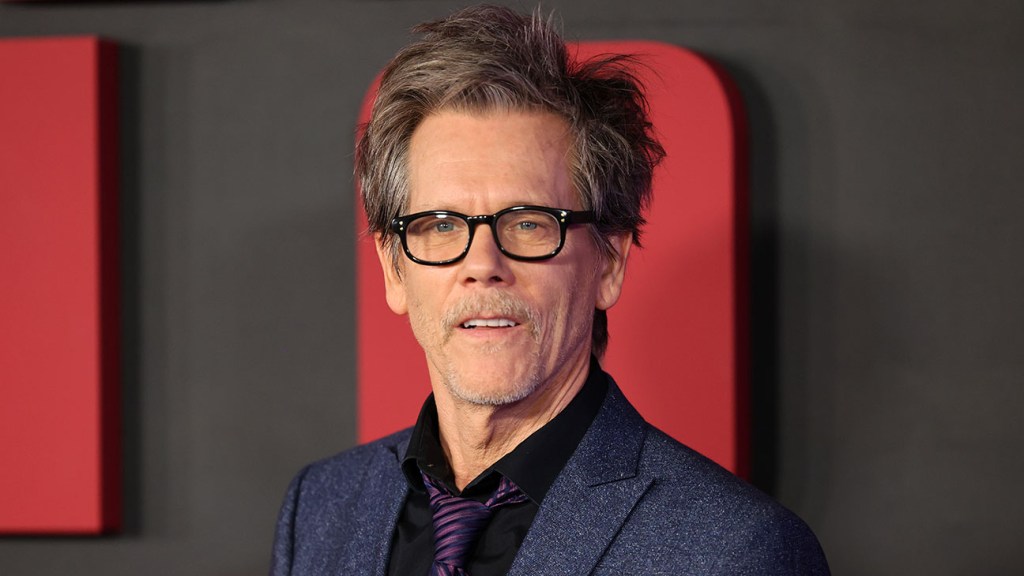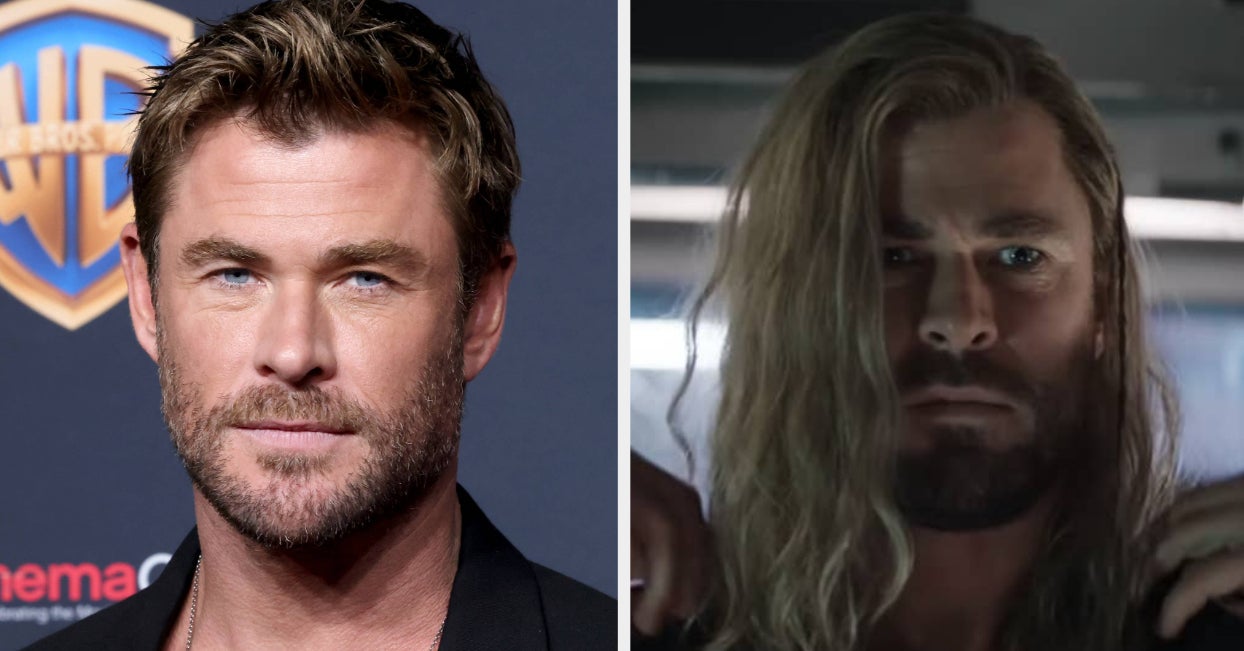Like many directorial debut features about coming of age, Dìdi (younger brother) is semi-autobiographical, but Sean Wang’s personal background played as much a role in literally making the film as it did in inspiring its narrative.
The film, which was acquired by Focus after winning the American Drama Audience Award at Sundance in January, is the opening feature tonight of SFFILM, Wang’s hometown festival. Both festivals played a role in the film’s development, with Wang winning several grants and fellowships, including a 2022 SFFILM Rainin Grant, during its journey to the screen. His tenure at the Google Creative Lab before becoming a professional filmmaker also equipped him with a unique cinematic toolkit for telling a hyper-specific story about being a teenager during adolescence on social media.
And finally, Wang not only portrays a fictionalized version of his family unit in the film, with Joan Chen as protagonist Chris’s (Izaac Wang) mother, but he also cast one of his real-life grandmothers, memorably featured in her Oscar-nominated documentary short film Nǎi Nai and Wai Po, like — who else? — Chris’s grandmother.
What role did SFFILM play in your career?
SFFILM has always been for me the flagship festival of the Bay Area but also in the broader sense. They have such a global presence, and that means so much to me personally even before they supported me as a filmmaker. I grew up in Fremont, California. I didn’t know any other filmmakers. My entry did not come from what we could call independent cinema. This was done from skate videos first, then short films on the Internet. It was only later that I discovered SFFILM and films like Fruitvale Station And Medicine for melancholy and realizing that there was this collective of Bay Area filmmakers and films supported by SFFILM that really shaped me.
Specific to Frozen, the financial support they gave me through the Rainin scholarships really allowed me to have time to write. I can direct and edit at the same time and juggle multiple projects, but when I’m writing I really have to take an L on other aspects of my life, like making money. The Rainin grants allowed me to say, okay, the time that I would normally spend on commercial work, I’m just going to take two months and see if there’s anything here with the script.
And then the beautiful thing about Rainin is that every month they paired you with a different industry mentor, so every month I shared the script with someone who had objective eyes. They engaged with it in an incredibly critical and thoughtful way, I would get incredible notes, I would go and write, and then I would send it to someone new the next month, and every month I felt like I was pushing the ball forward, until the end of the Rainin grant cycle, I was like, I’m ready to make this film. So SFFILM really made this real.
When you wanted to tell your own semi-autobiographical book…


